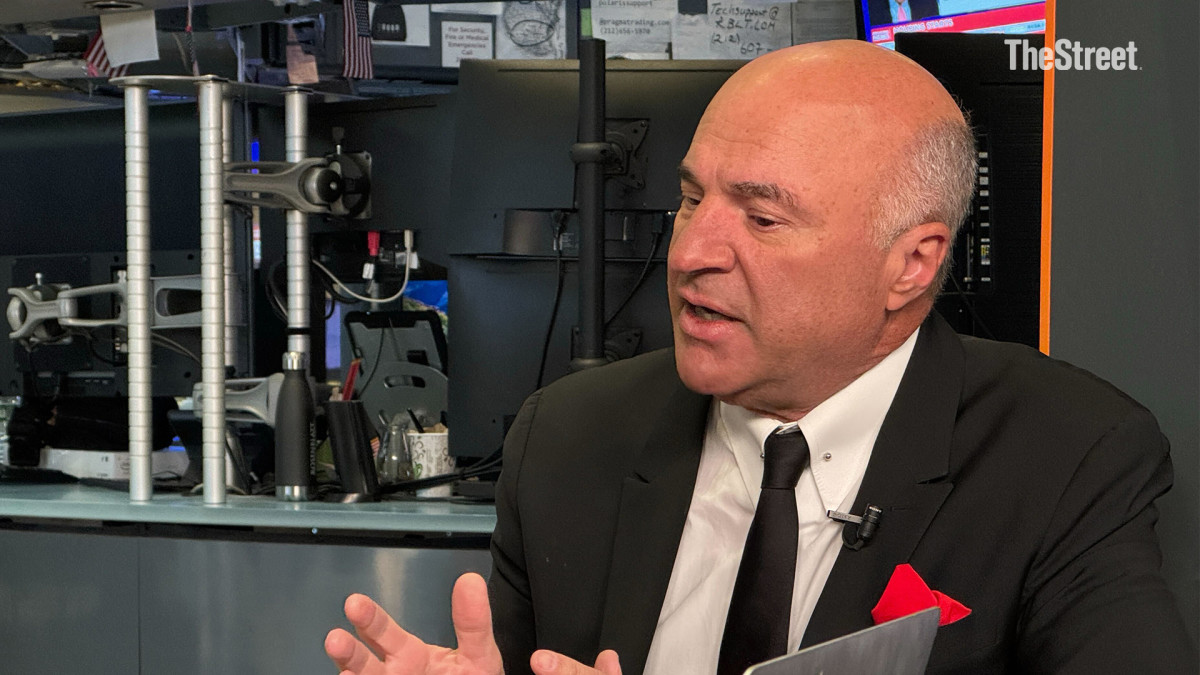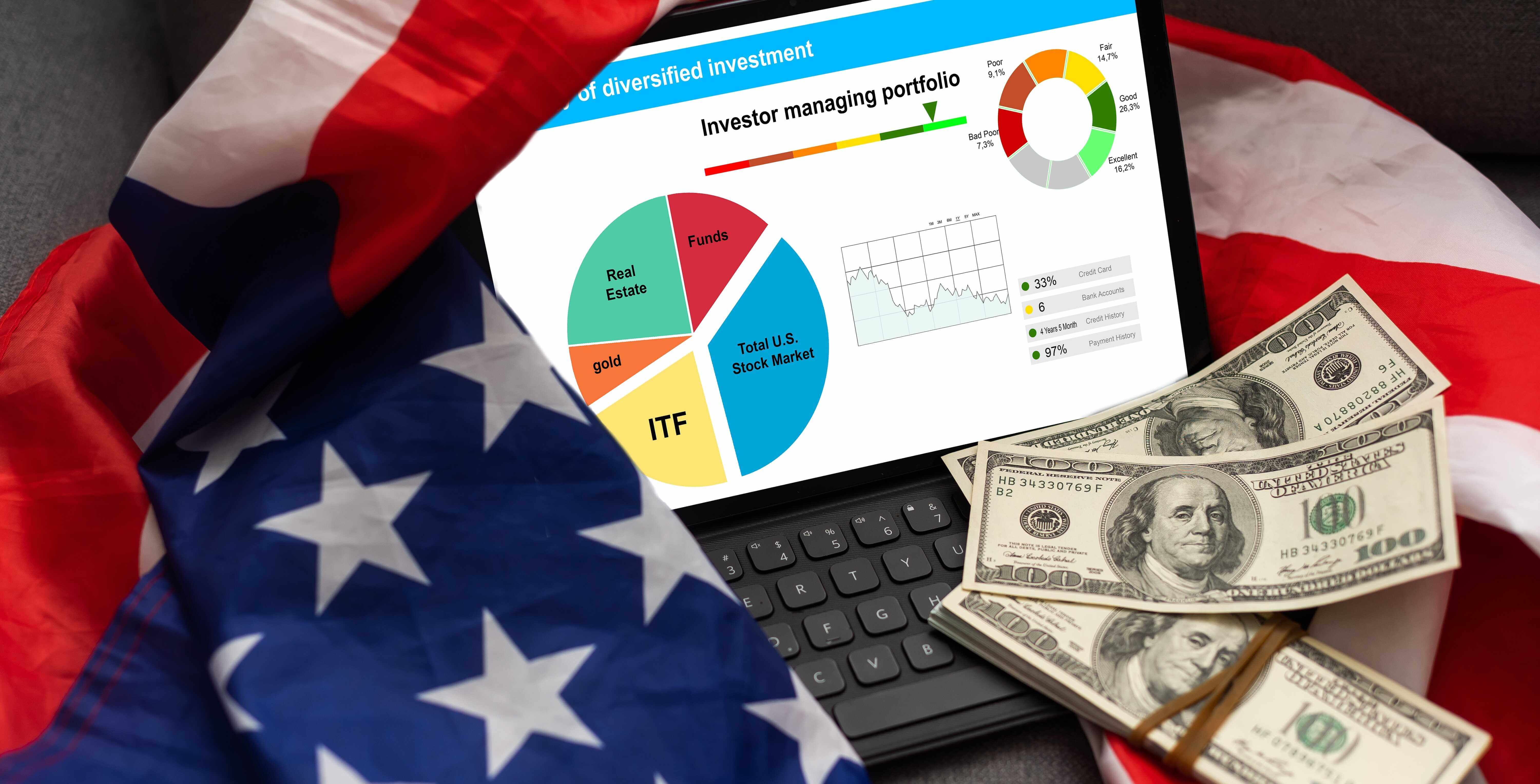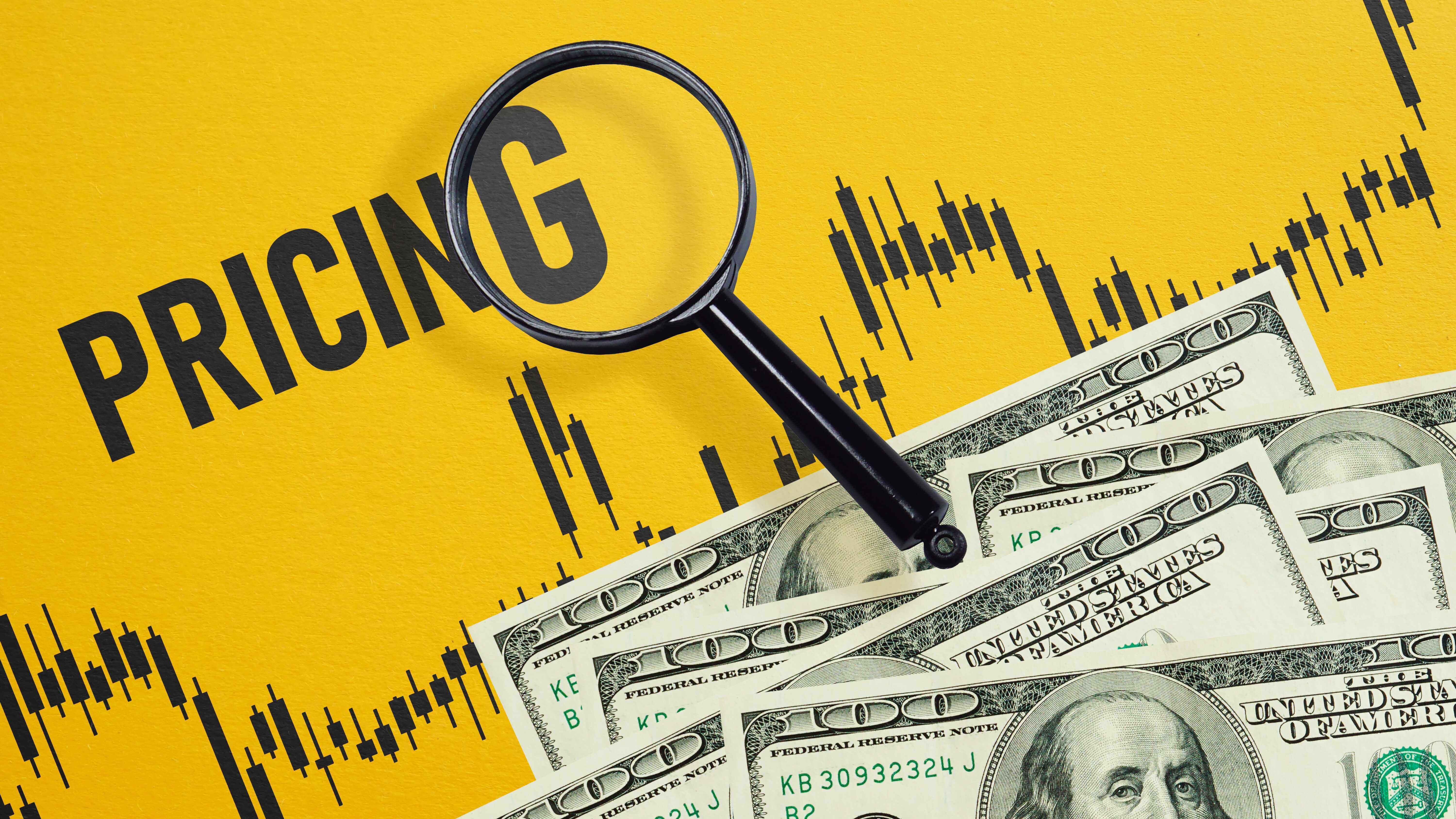Majority Of Americans Agree On Higher Taxes For Large Corporations, Higher-income Households

A majority of Americans believe that tax rates for large businesses and high-income households should be increased, according to new findings from the Pew Research Center, as Congress debates the possible extension of tax cuts enacted during the Trump administration.
The report was based on a nationally representative survey of just over 5,000 US adults conducted in early 2025.
According to the survey, roughly 63 percent of US adults said taxes on large businesses and corporations should be raised, including 34 percent who supported raising them “a lot.” Nineteen percent favored lowering corporate tax rates, while 17 percent believed they should remain unchanged.
Corporate taxes were among the numerous major planks that formed Former Vice President Kamala Harris' presidential campaign platform last year. At one point, she proposed to ratchet up tax rates on large corporations to 28 percent, which would have helped generate revenue for her broader economic agenda while addressing wealth inequality.
Public sentiment is also tilted toward higher tax rates for individuals earning more than $400,000 annually. Pew found that 58 percent of respondents favored increasing those rates, with nearly one-quarter advocating for a substantial hike. In contrast, 19 percent supported lowering taxes for this group and 21 percent preferred no change.
The $400,000 mark emerged as a line in the sand for tax policy during the latter phase of the Biden administration, with the former president proposing to hike payroll taxes on Americans making over $400,000 a year – effectively undoing one of Trump's tax cuts – as part of a plan to help ensure the long-term solvency of Medicare. Harris floated the same premise on the campaign trail last year during her ultimately failed sprint to the Oval Office.
The survey also underscored ongoing partisan divisions on fiscal policy. While 81 percent of Democrats and Democratic-leaning independents backed higher taxes for large businesses, just 43 percent of Republicans and Republican-leaning respondents shared that view. Support for raising taxes on household income over $400,000 followed a similar split – 74 percent of Democrats supported it, compared with 43 percent of Republicans.
“Large majorities of liberal Democrats say tax rates should be raised for large businesses (90 percent) and higher-income households (83 percent),” the Pew report stated. “Smaller majorities of conservative and moderate Democrats say the same.”
There was also a clear ideological divide within the Republican Party itself. Among conservative Republicans, only about one-third favored raising taxes on either group. In contrast, at least half of moderate and liberal Republicans expressed support for higher taxes on corporations and high-income earners.
Income levels did not appear to significantly influence views in the general population, but partisan rifts widened among higher-income respondents. For instance, 91 percent of upper-income Democrats said corporate taxes should increase, compared with roughly one-third of upper-income Republicans. The gap was similar on the question of taxing income above $400,000, with 80 percent of upper-income Democrats in favor versus 33 percent of their Republican counterparts.
Among lower-income respondents, those partisan gaps narrowed. Seventy-two percent of lower-income Democrats and 51 percent of lower-income Republicans supported higher taxes on corporations. For high-income households, support was slightly more aligned, at 61 percent and 48 percent respectively.
While overall views have changed only slightly in recent years, there has been a noticeable uptick in the share of Republicans who favor lowering taxes. Thirty-two percent now support reducing rates on large corporations – up from 23 percent in April 2023 and 19 percent in September 2021. The share of Republicans backing tax cuts for high earners also rose to 27 percent, a 10-point increase since 2021.
“Democrats’ views on these questions are largely unchanged over this period,” Pew noted.


